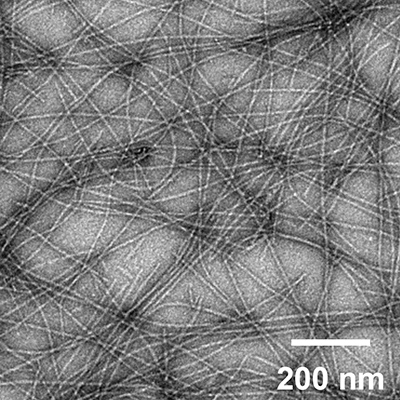December 9, 2020 -- Evaxion Biotech has published data on the thermostability of peptide major histocompatibility complexes (pMHC) for antigen processing that will be used to improve neoepitope selection in the company's Pioneer platform.
The Nature Communications publication surveyed the thermostability of thousands of pMHC interactions simultaneously by mass spectrometry. The data enabled Evaxion to train its unique artificial intelligence platform to select epitopes for optimal immunogenicity, which may lead to better patient-specific cancer immunotherapies.
Evaxion's immune-oncology Pioneer platform identifies peptide ligands of MHC molecules using mass spectrometry to generate large databases of peptides to improve prediction of peptide binding and immunogenicity using artificial intelligence-based approaches. The new methodology used to generate the thermostability data can be incorporated into the platform for identification of new neoepitopes (tumor-specific mutations).
The company believes the mass spectrometry approach will apply to any cells bearing MHC or MHC-like molecules and therefore has applications beyond cancer, including areas such as infectious diseases.
Copyright © 2020 scienceboard.net









